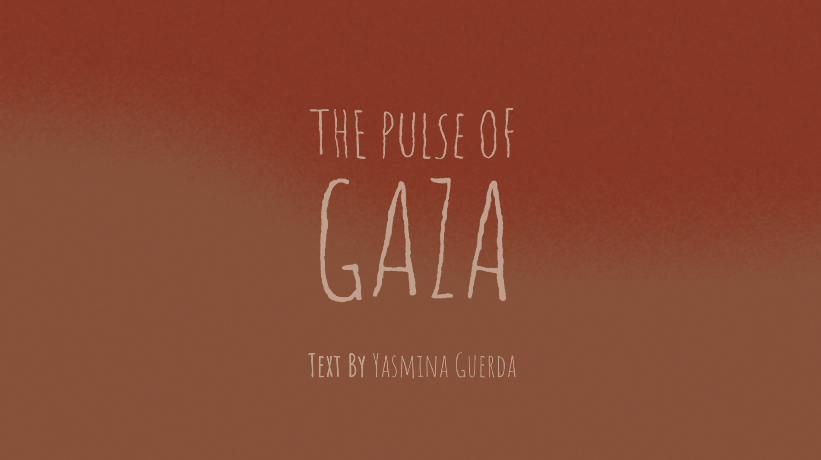Authentic Storytelling, transformative and healing
- Christoph Hensch

- Jun 23, 2020
- 2 min read

(Photo: Revisiting the site in 2018 in Novye Atagi, Chechnya, where six of my colleagues got murdered one early morning 22 years earlier.)
Yesterday, I was invited to tell my story. At the same time, I had the opportunity to hear the very personal stories of two close friends. All three stories were of suffering. Of witnessing the suffering of others, of experiencing pain oneself and of the personal healing journey that resulted.
Sometimes it was hard. Both the telling and the listening. And yet, it was deep, authentic and transformative …
Looking back, I now realize that storytelling has been an important part of my journey to deal with traumatic experiences. My storytelling initiated some major milestones along my path of healing.
First there was the lack of opportunity to find an appropriate ear to tell my story. Then, finally, 10 years later, when for the first time I had the opportunity to tell the story to some people who needed to hear it, it was transforming.
Over the years I got several opportunities to retell the story. As time went on, the way I could tell my story evolved. I realized that it was closely linked to my vulnerability. When I connected with my authenticity, it became a healing experience.
Usually, for me, it wasn’t just a matter of sitting down and talk. Telling stories took the forms of writing letters, being interviewed for a radio broadcast, or by a colleague who wrote a book. Sometimes, telling my story took weeks of preparation, or months – as in writing the article “Twenty years after Novye Atagi: A call to care for the carers”.
Telling the story this way is like a quest. It is challenging. Several times I thought of just giving up, going home, not completing the journey. I’m glad I didn’t. Because every time it marked a milestone. It helped me realize that I had taken on a victim identity. It helped me find my own authenticity.
Telling my story is like gathering disparate pieces of myself and putting them into a context, and reattaching them to my life. More challenging, it is a time of deep introspection, and it is also a time when we are learning to accept, acknowledge and like who we are. It is not easy to navigate that inner landscape. And sometimes we need to cross rivers of tears.
It has become clear to me that authentic stories are like coins – they connect two sides. They do not just impact the storyteller. They also impact the listener (or reader). In doing so, they transform and heal both.
Telling authentic stories has become more important than ever. Most people live in a world where they do not have time. It is a world which is ruled by 150 letter statements, flickering 3 second images, corporate communications, propaganda, public relations exercises and fake news all around.
I appreciate everyone, who invites me to just sit down, to forget time, and to tell my story. Vice versa, never be told by anyone not to talk of your story, ever.
If you are a humanitarian who has a story you would like to tell and share, please get in touch with us at CoCreate Humanity.








Comments